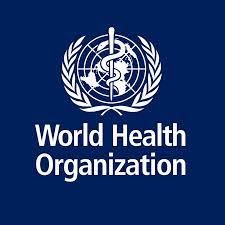The World Health Organisation, (WHO) has identified 17 endemic pathogens that urgently require new vaccines, citing their significant impact on global public health.
A new study, published Tuesday in eBioMedicine, highlights HIV, malaria, and tuberculosis as top priorities, with these diseases responsible for nearly 2.5 million deaths annually.
Despite advances in treatment, these diseases remain persistent health threats, particularly in low- and middle-income countries.
WHO’s study represents the first comprehensive, global effort to prioritise endemic pathogens based on factors like disease burden, antimicrobial resistance, and socioeconomic impact.
“Too often global decisions on new vaccines have been driven by return on investment, rather than by the number of lives that could be saved in the most vulnerable communities,” said Dr. Kate O’Brien, Director of WHO’s Immunisation, Vaccines, and Biologicals Department. “This study provides an evidence base to guide decisions that will reduce disease and alleviate medical costs.”
In addition to HIV, malaria, and tuberculosis, the report also highlights pathogens such as Group A streptococcus and Klebsiella pneumoniae, which are increasingly resistant to antibiotics.
The study reveals that these pathogens pose a growing challenge to public health systems worldwide.
The study’s findings will help shape the global vaccine R&D agenda, particularly in regions where these diseases have the greatest impact.
“This global prioritization exercise for endemic pathogens complements the WHO R&D blueprint for epidemics, which identified priority pathogens that could cause future epidemics or pandemics, such as COVID-19 or severe acute respiratory syndrome (SARS).
“The findings of this new report on endemic pathogens are part of WHO’s work to identify and support the research priorities and needs of immunization programmes in low- and middle-income countries, to inform the global vaccine R&D agenda, and to strategically advance the development and uptake of priority vaccines, particularly against pathogens that cause the largest public health burden and greatest socioeconomic impact,” the global health body stated in the report.




Back Magazin I very delighted to find this internet site on bing, just what I was searching for as well saved to fav
Blue Techker I am truly thankful to the owner of this web site who has shared this fantastic piece of writing at at this place.
Blue Techker This is my first time pay a quick visit at here and i am really happy to read everthing at one place